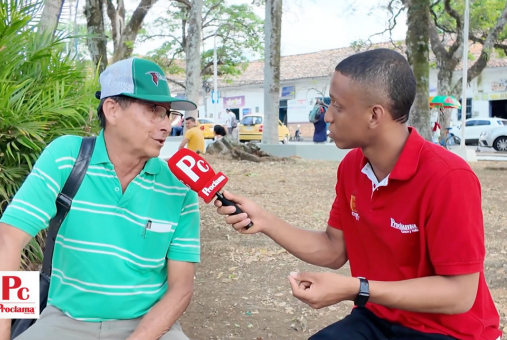
Threats from armed groups, insults from officials and low salaries put local journalism in Colombian in check, according to entities defending press freedom.

Researchers heard from 108 press workers in 14 Latin American countries and suggest policies to approach and prevent gender-based violence that news organizations can adopt.
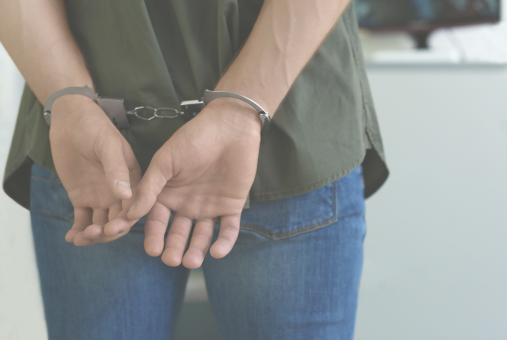
Three women reporters have been arrested and accused of terrorism, amid a broader crackdown on dissent across the country.
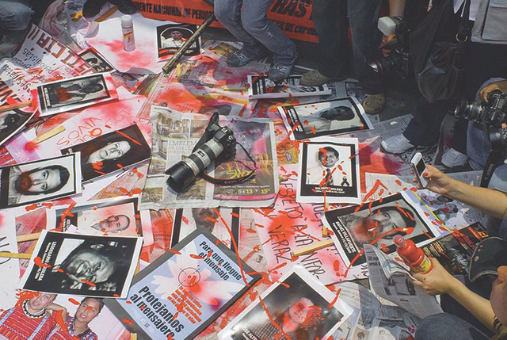
Participants of a cross-industry meeting in Mexico City emphasized the importance of collaboration, a global community, digital literacy and public support for journalism.
Operación Retuit is a daily online newscast created by independent journalists hoping to bypass the censorship, persecution and increasing repression gripping post-election Venezuela.
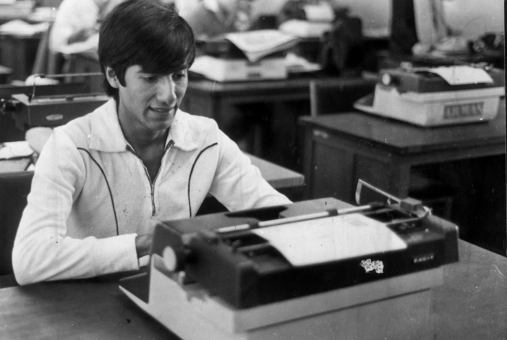
As the verdict against two former military officers for the disappearance and torture of Peruvian journalist Jaime Ayala in 1984 is about to be announced, the ‘law of impunity’ could close the case forever.
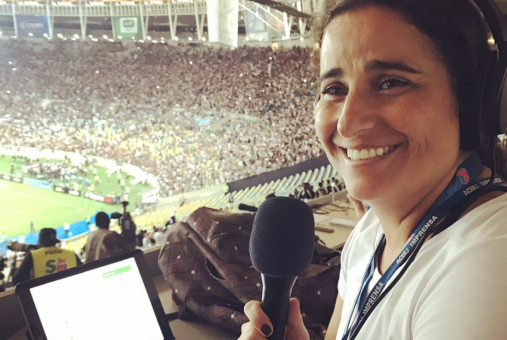
Women have fought gender stereotypes and secured a place in announcing soccer games on Brazilian television in the past six years. On social media, however, misogynistic and aggressive campaigns against them still persist.
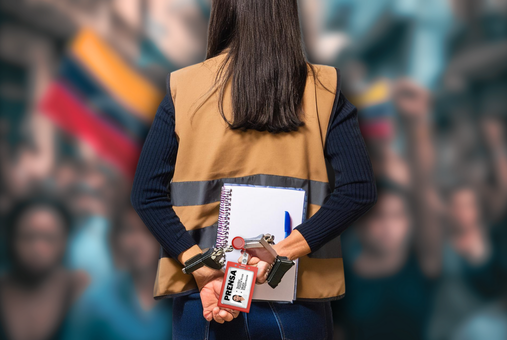
Some local journalists in Venezuela’s regions are turning away from reporting to stay safe in the face of repression.
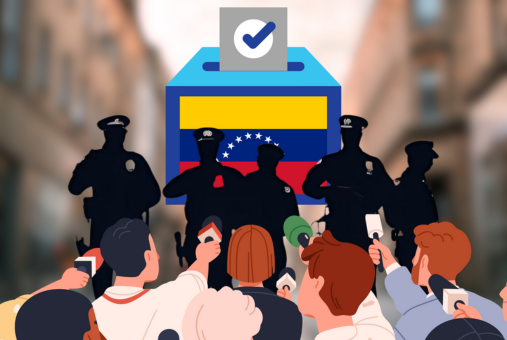
Organizations defending press freedom recorded more than 40 cases of attacks on media outlets and journalists during presidential elections in Venezuela. Most were cases of intimidation and obstruction of journalistic work in voting centers. At least three journalists were detained while reporting.
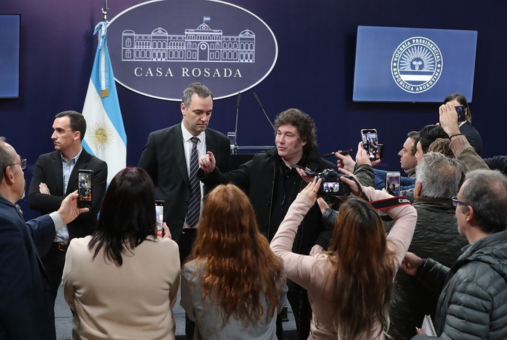
At the end of June, the Argentine Journalism Forum (FOPEA) said that fake screenshots of alleged conversations from its steering committee were disseminated in a “clear defamation campaign from digital operators linked to the government.” The country's president himself, Javier Milei, participated in the attacks. Paula Moreno, president of FOPEA, spoke to LJR about the episode, which takes place amidst tensions between the government and the press.
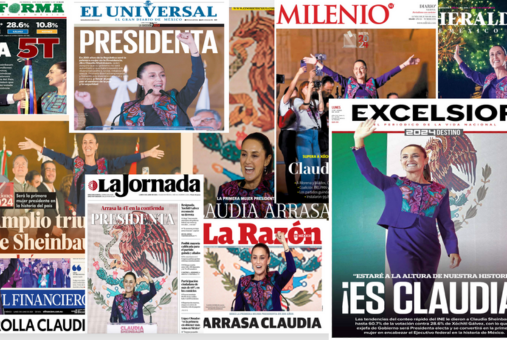
Days before her landslide victory at the polls and election as the next Mexican president, Claudia Sheinbaum made a commitment to Reporters Without Borders to protect journalists in the country. To keep her word, she will need to promote profound reforms in the Mexican justice system.
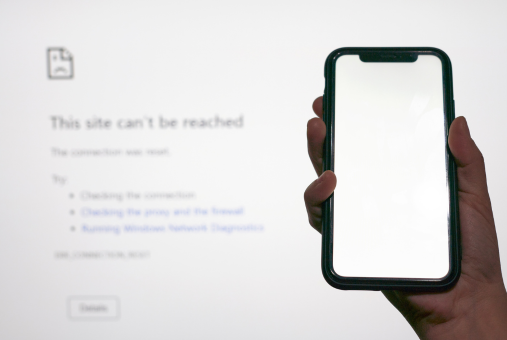
In Venezuela, digital information freedoms are systematically censored and attacked, according to “Algorithms of Silence,” the 2023 Digital Rights Report from IPYS Venezuela. During the past year, 46 informative sites were blocked and 12 media outlets and four journalists suffered from identity impersonation.